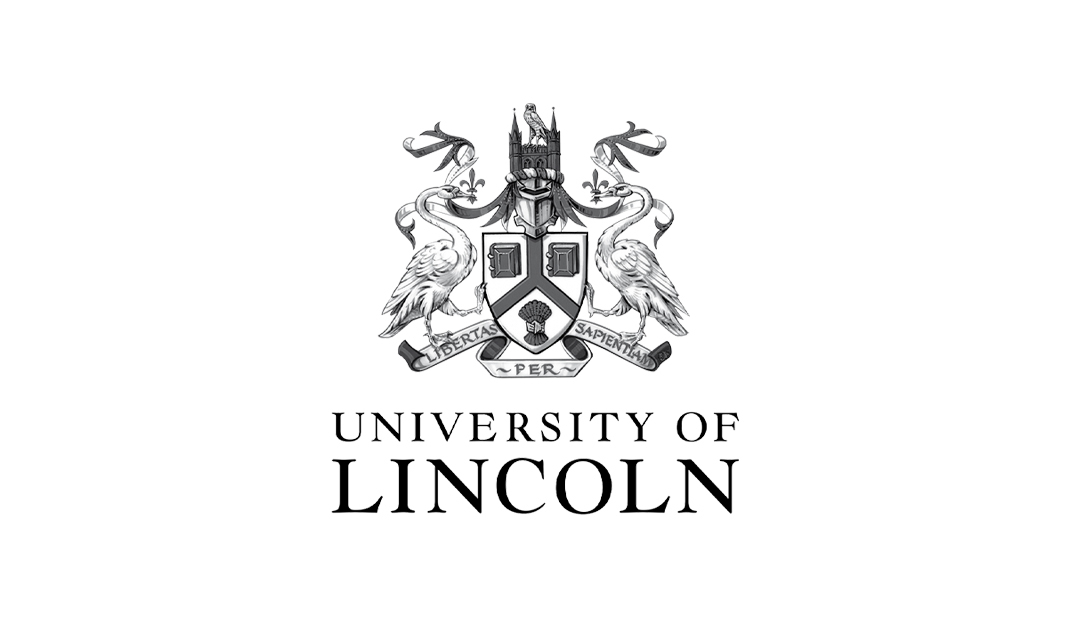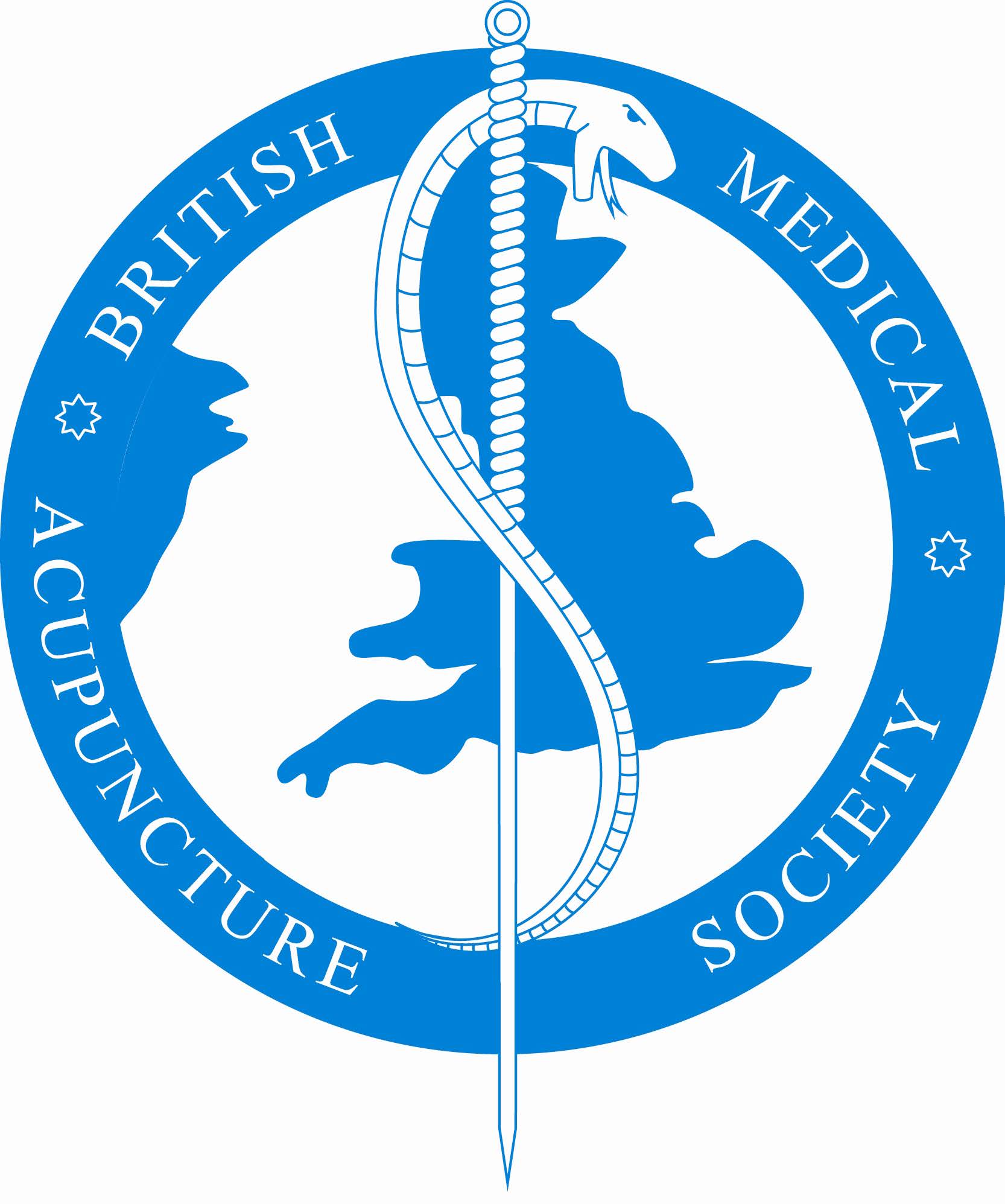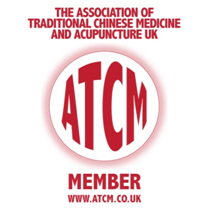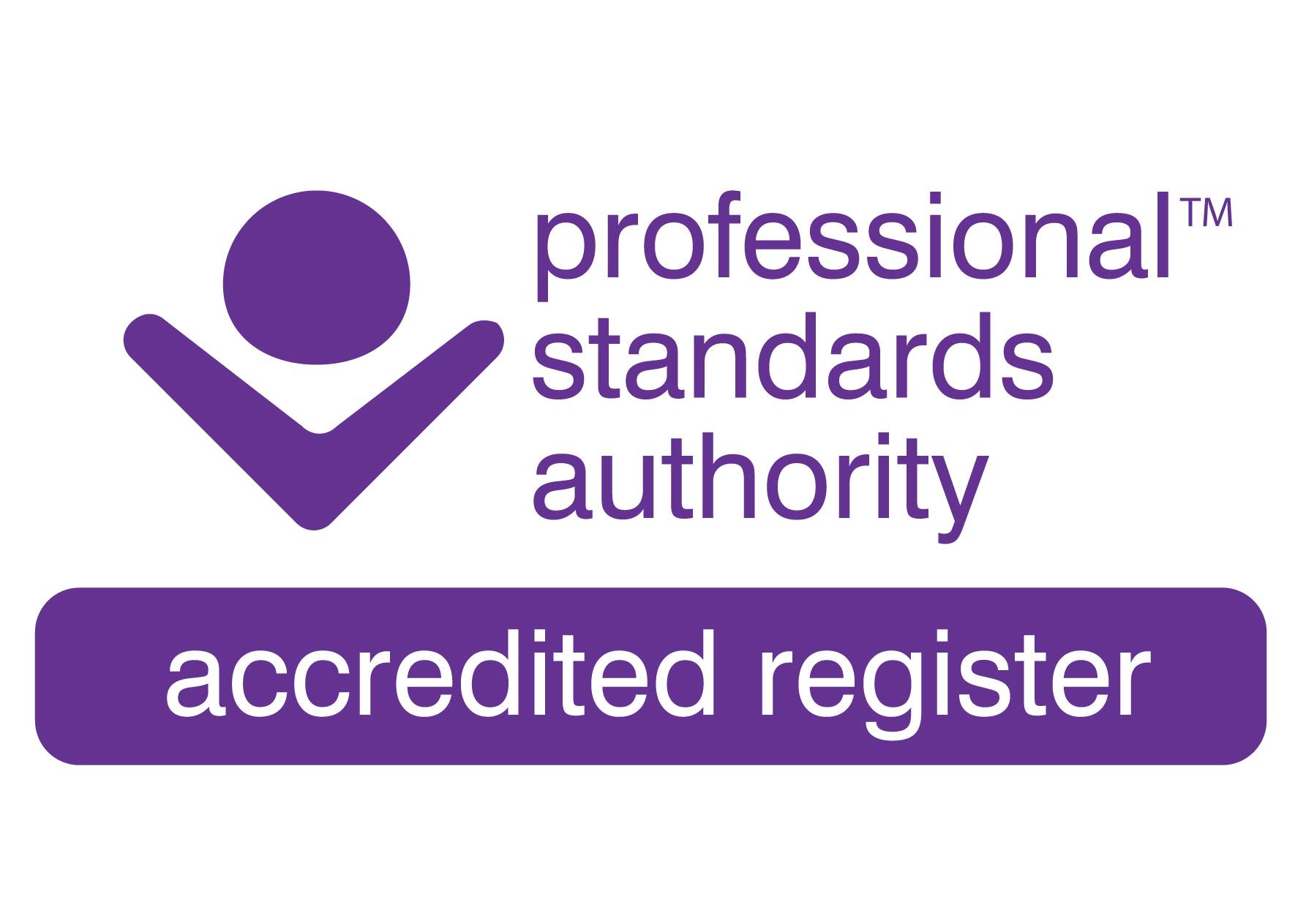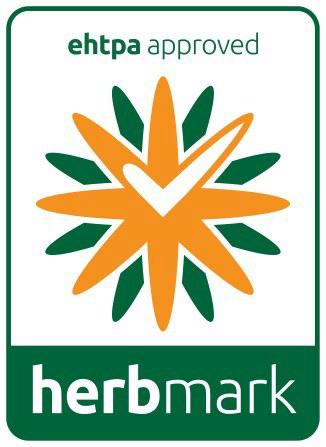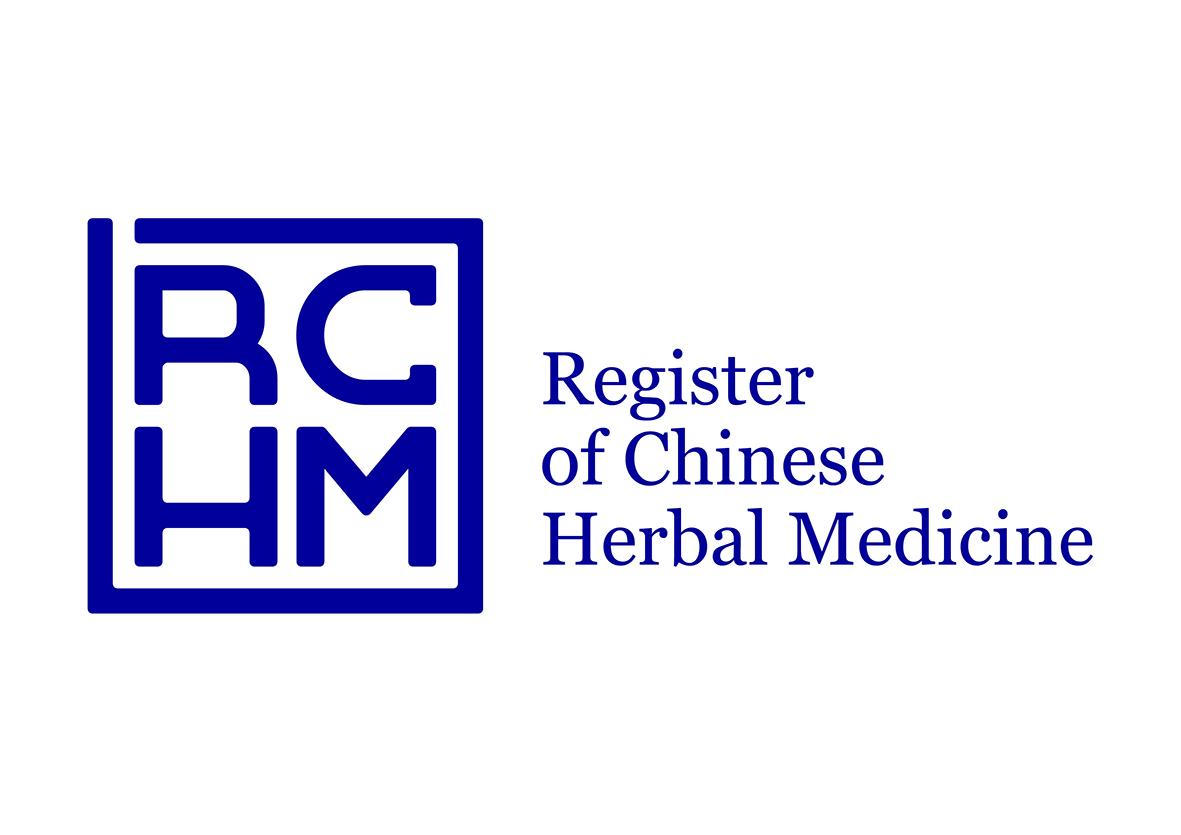

Integrating acupuncture and herbal medicine into assisted reproductive technology (IVF, ICSI): Results and a report of a new systematic review and meta-analysis of East Asian traditional medicine.
Series 1
A new study by Peng et al (2025) evaluates the effectiveness and safety of women undergoing ART using acupuncture or herbal medicine compared to controls (sham or placebo). The overall quality of the evidence was classified as moderate quality evidence.
East Asian Traditional Medicine (EATM) acupuncture or herbal medicine was found to be safe, and an effective complementary therapy that can be used to improve assisted reproductive outcomes.
The study was:
√ Registered with PROSPERO.
√ Selected randomised controlled trials (RCTs).
√ Compared acupuncture and herbal medicine to controls (sham or placebo).
√ Included a total of 37 RCTs, 10, 776 women aged 29 to 38.
√ Subfertile participants were diagnosed with medical conditions, such as polycystic ovarian syndrome (PCOS), tubal blockage, diminished ovarian reserve, and unexplained infertility.
√ The methodological quality of the RCTs was assessed by the Cochrane Risk of Bias (RoB 2) tool.
√ Random effect model was applied where necessary.
√ The quality of evidence was appraised with the Grading of Recommendations, Assessment, Development, and Evaluation (GRADE) appraisal tool.
√ Findings supported by moderate-quality evidence were considered reliable and formed the basis of their key conclusions.
√ Findings supported by low or very low-quality evidence were interpreted with caution.
Acupuncture interventions included body, electro, laser, and auricular (ear) acupuncture. Herbal medicine interventions included the administration of powders, pills, granules, decoctions, and ointments.
Results
Acupuncture and herbal medicine treatments were associated with significant improvements in clinical pregnancy and live birth rates.
Acupuncture compared to control
√ Clinical pregnancy (CPR): RR 1.316, 95% CI 1.171-1.480 (I2 = 62.9%) ultrasound [25 studies, 6610 patients].
√ Live birth (LBR): RR 1.287, 95% CI 1.081-1.533 (I2 = 69.9%) more babies born [14 studies, 4613 patients].
Herbal medicine compared to control
√ Clinical pregnancy (CPR): RR 1.184, 95% CI 1.017 to 1.379, I2 = 55.8% ultrasound [12 studies, 4343 patients].
√ Live birth (LBR): RR 1.147, 95% CI 1.010 to 1.303, I2 = 0.0% more babies born [3 studies, 2818 patients].
Side effects and safety profile
No serious adverse events of acupuncture or herbal medicine treatments were reported. Tiredness, pain, and dizziness were comparable in all groups. Acupuncture and herbal medicine were found to carry minimal
risk of severe adverse reactions; however, it was recommended that clinicians should monitor for adverse events to ensure patient safety.
Limitations and recommendations for future research design included
Multicentred studies opposed to single centred with increased sample size.
Standardised interventions to reduce heterogeneity in research analyses.
Recurrent advocacy of primary outcome live birth rate, particularly in the herbal medicine research sector due to implications regarding analyses.
Data collection on infant health status.
Note subgroup analysis should be viewed with caution.
Researchers’ conclusion
Acupuncture and herbal medicine appear to be safe and effective complementary therapies that can be used to improve assisted reproductive outcomes.
Policy framework recommendation
Policy implications for the safe and effective integration of acupuncture and herbal medicine include:
Establishing specialised training and certification.
Expand insurance coverage to include acupuncture and herbal medicine treatments to reduce financial barriers.
Collaboration between health professionals.
Disclaimer
It is recommended that you find a qualified and registered acupuncturist or herbal medicine practitioner. By law, herbal medicine must include a consultation before prescribing medicines. The herbalist is best placed to assess suitability and drug/herb interaction and devise the herbal treatment plan where appropriate.
Herbal Suppliers
Practitioner Recommendation
Herb granules due to:
Plants are rigorously tested for purity.
Strict quality control.
Batch-to-batch consistency.
Traceability Certification of Analysis (COA).
About the Register of Chinese Herbal Medicine
Approved supplier scheme
Supports:
Compliance with industry standards of education, practice and policy.
A voluntary supplier scheme with a view to identify good quality herbal products for its register.
Convention on International Trade in Endangered Species of Wild Fauna and Flora (CITES).
Farming industries to grow plant medicines that benefit future generations of farming.
Find an approved and accredited herbal medicine practitioner
Register of Chinese Herbal Medicine
European Herbal and Traditional Medicine Practitioners Association
Find a qualified acupuncturist on a professional standards authority accredited register
Professional standards authority for health and social care: British acupuncture council
Article report by Lianne Aquilina MSc BSc Hons Acupuncture MBAcC MRCHM.
Read the article here
Acupuncture and herbal medicine appear to be safe and effective complementary medicine that can be used to improve ART outcomes.
Find out more
lianne.aquilina@btinternet.com Specialist critical appraisal of the systematic review and meta-analysis with ROBIS 23rd July 2025.
Reference
Peng X, Wu B, Zhou S, Xu Y, Ogihara A, Nishimura S, Jin Q, Litscher G. Integrating Acupuncture and Herbal Medicine into Assisted Reproductive Technology: A Systematic Review and Meta-Analysis of East Asian Traditional Medicine. Healthcare (Basel). 2025 Jun 3;13(11):1326. doi: 10.3390/healthcare13111326.
Lianne Aquilina is the coauthor with Irina Szmelskyj of a No.1 Best Selling Acupuncture Textbook:
‘Acupuncture for IVF and Assisted Reproduction: An Integrated Approach to Treatment Management’.
The textbook Acupuncture for IVF and Assisted Reproduction: An Integrated Approach To Treatment and Management


Subfertility is broadly defined as either an inability to conceive a viable pregnancy after one or one-two years of frequent unprotected sexual intercourse. Frequent unprotected sexual intercourse should occur at regular intervals at one to three days in the woman’s fertile window.
The more frequent unprotected sexual intercourse is every one-two days, the more likely it is to result in a pregnancy. There are other important considerations when considering time-to-conception delays such as aging fertility, and or stress may negatively influence time to conception.
In the UK data establishes that male factor subfertility is the most common condition leading to the use of assisted reproductive technology. The next is unexplained subfertility, i.e. non-medically identified. There are other conditions where assisted reproductive technology is utilised such as tubal factor disease, endometriosis or hormonal disorders.
Lianne Aquilina provides an advanced fertility and pregnancy acupuncture service to help couples trying to conceive naturally or for couples that are undergoing assisted reproductive technology including IUI/IVF/ICSI, Frozen Transfer (FT), third-party sperm donor or egg donor cycles.
Acupuncture can help people feel less anxious and stressed about their difficulties conceiving, medical fertility treatment processes or their experience of fertility treatment obstacles.
Lianne Aquilina conducted work in the area of the psychological impact of subfertility and fertility treatment and uses acupuncture to help to reduce fertility-related anxiety, stress and depression to improve the well-being of patients.
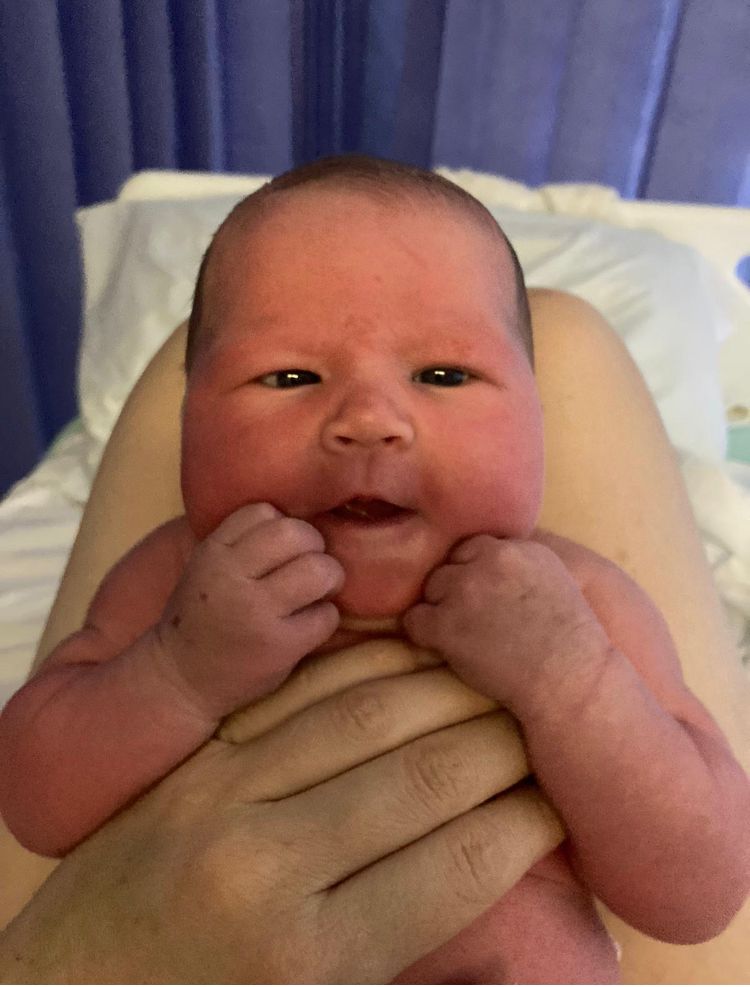
It has been scientifically hypothesised that several of the mechanisms by which acupuncture may work could be due to:
More research is required regarding mechanisms of acupuncture for subfertility. Click here for more information.
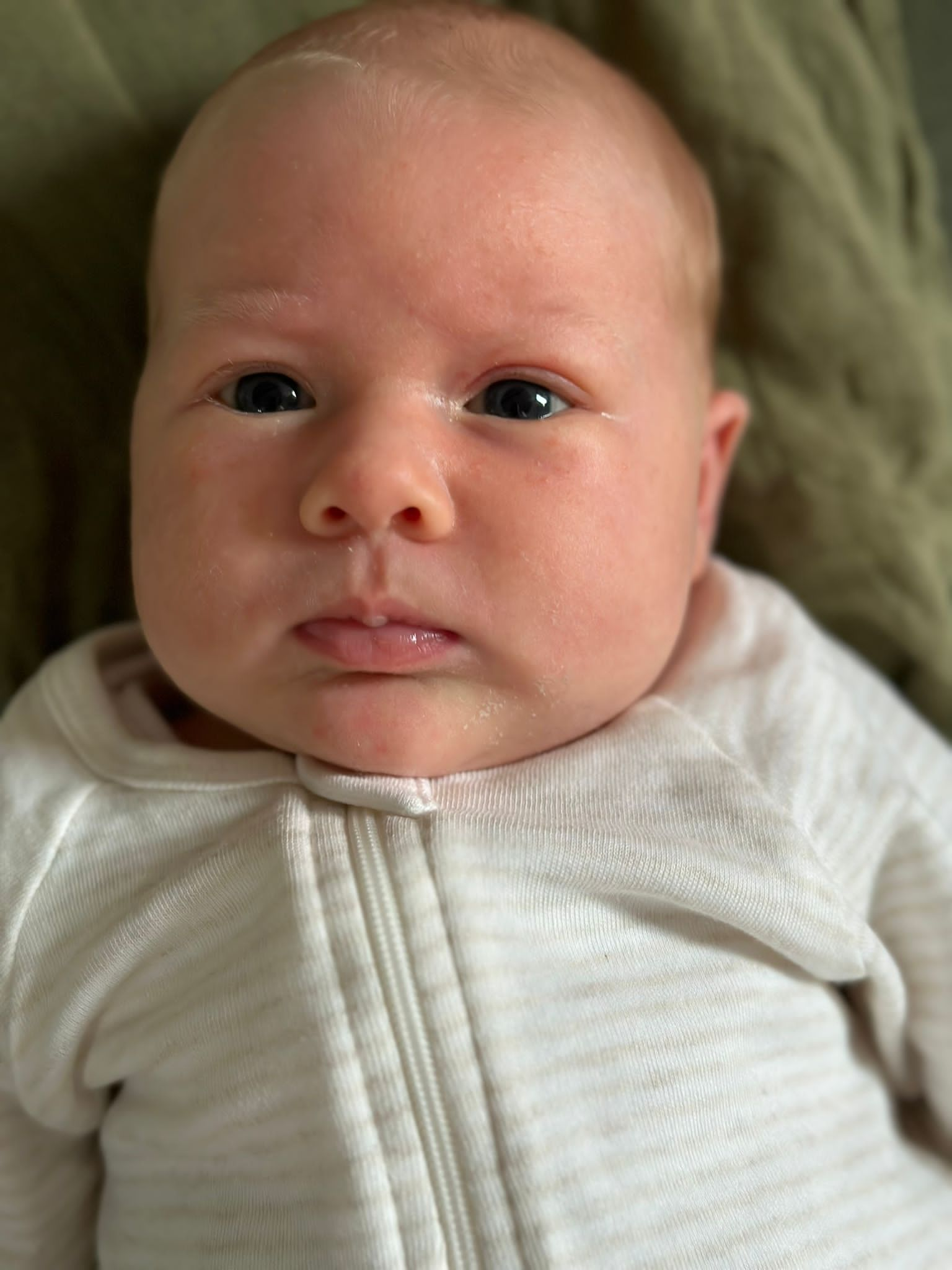
We approach your treatment at particular time intervals and stages, however, what we do to help you varies. Acupuncture is provided to our patients in preparation for in vitro fertilisation (IVF/ICSI) and integrated during specific phases of your assisted reproduction medical treatment.
Acupuncture may be incorporated during these phases of IVF:
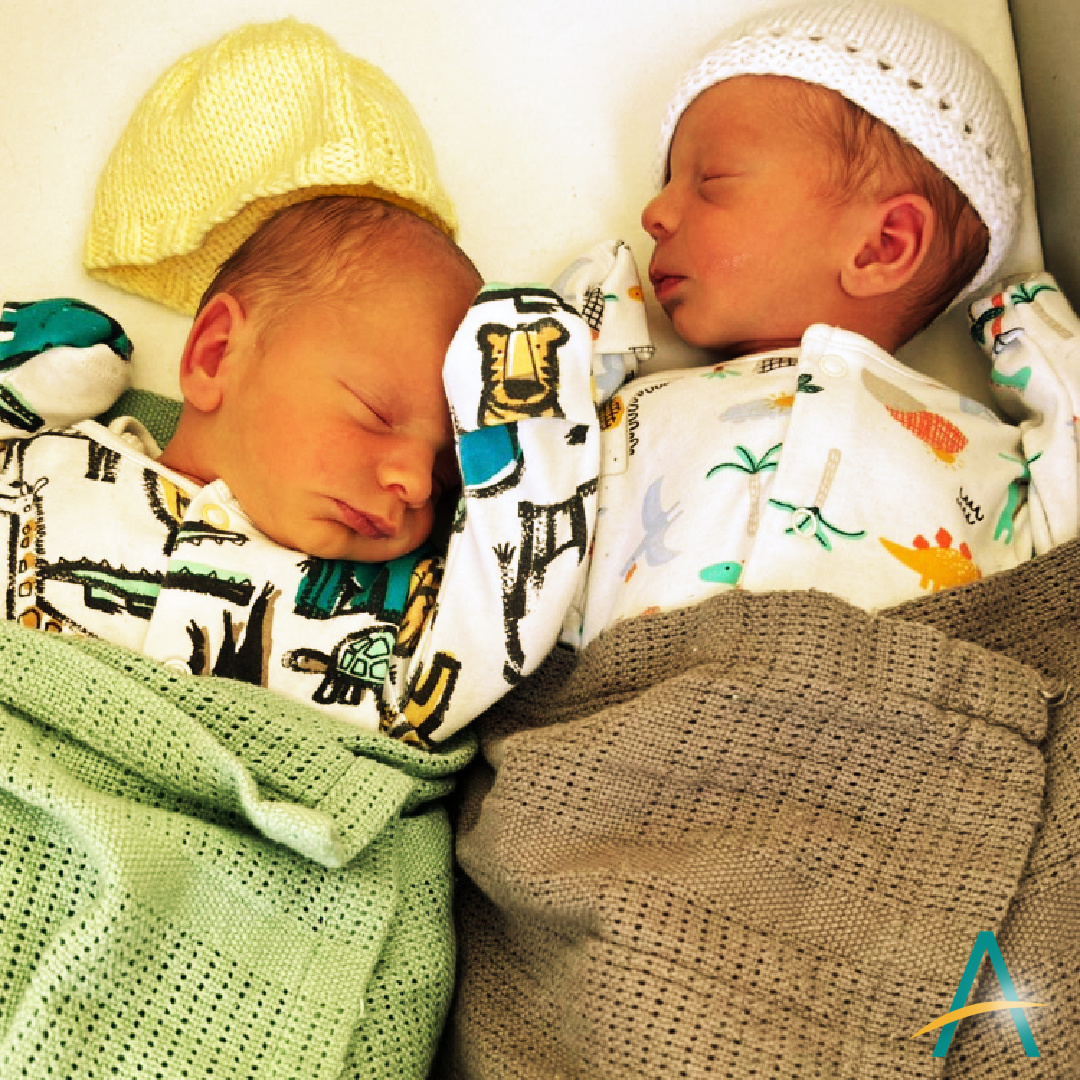
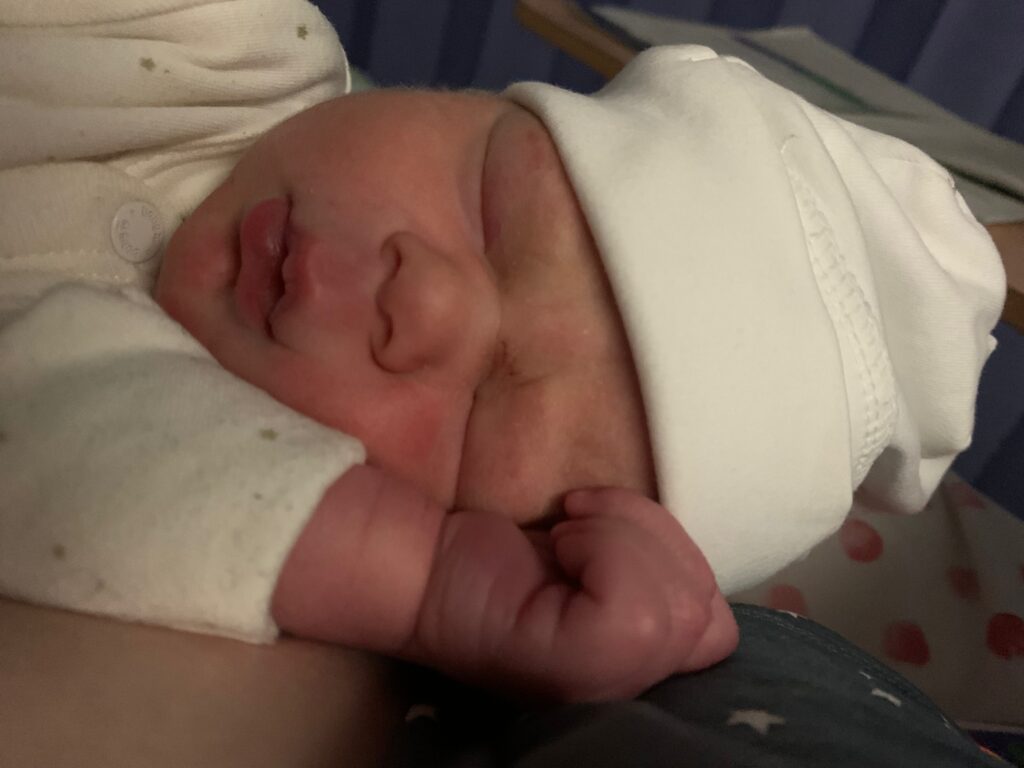
In Traditional Chinese Medicine (TCM) emotional wellbeing is an important part of health. Acupuncture is a treatment based on the interrelation of the mind, emotions and the body. Acupuncture is patient centred and is often referred to as holistic treatment. Strong emotions such as feelings of worry, frustration, anger, and sadness can be pathological from this perspective and may have a negative influence on health and wellbeing. Our practitioners Stamford, Lincolnshire and Baldock, Hertfordshire are highly understanding of these factors.
Emotion is usually believed to be the cause of many imbalances in Chinese medicine. This is why we use acupuncture treatment to help you. Subfertility, whether trying to conceive naturally or with medical support may be a very difficult time for many people. Lianne, our lead practitioner in Hertfordshire, has been working closely with subfertile couples since 2005 and is able to provide supportive management through acupuncture. She conducts research to improve the options for people suffering from subfertility.
Traditional Chinese Medicine (TCM) has a unique model of health and fertility (potential to conceive). Regulating the menstrual cycle is a way we aim to help our patients. We ask a range of questions regarding the patient’s menstrual cycle in order to be able to identify the presence of subtle imbalances that according to Chinese medicine may act as barriers to fertility.
In general research on infertility is quite limited. For example, a systematic review found that there is limited evidence available on how to best advise couples to try for a baby. At Aquilia Acupuncture clincs Stamford, Lincolnshire and Baldock, Hertfordshire we use consensus guidelines produced by the American Society of Reproductive Medicine (ASRM).
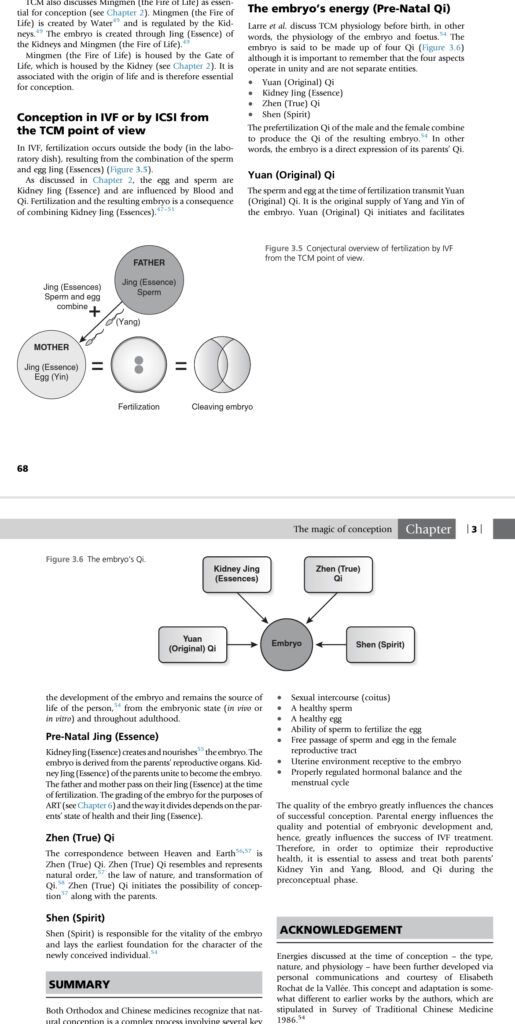
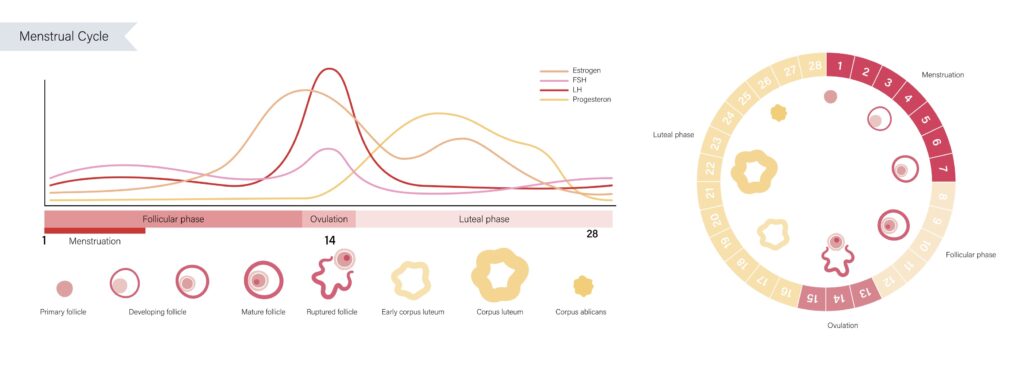

To find out more about how fertility acupuncture can help you, and to book an appointment, please reach out to our clinic in Hertfordshire by email or contact form. We look forward to hearing from you.
Aquilia Acupuncture was established in 2005. Acupuncturist Lianne Aquilina is the provider of advanced acupuncture for health and care.
Awards
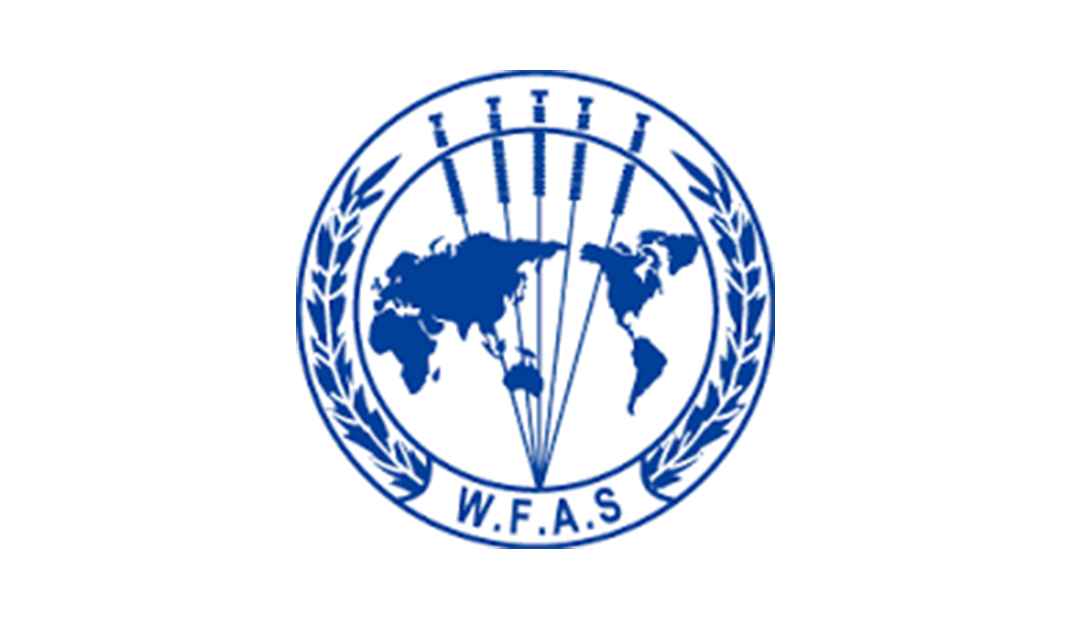
Honourable Nomination by the World Federation of Chinese Medicine Societies for Professional Contributions to Acupuncture and Academic Achievement
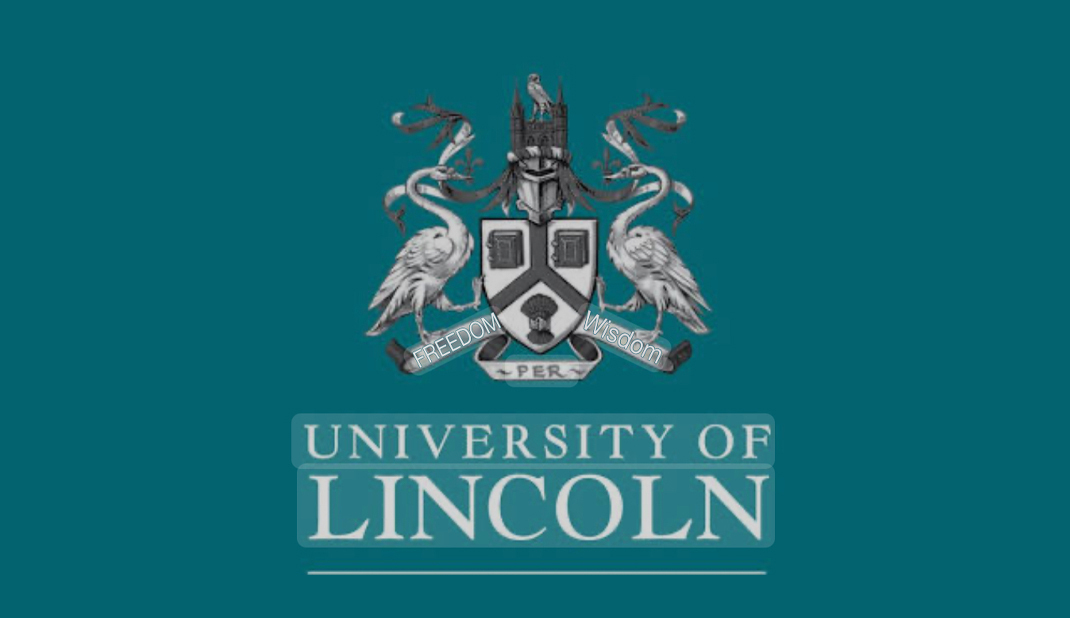
Deans Prize for Studies in Health and Life Science, University of Lincoln.
